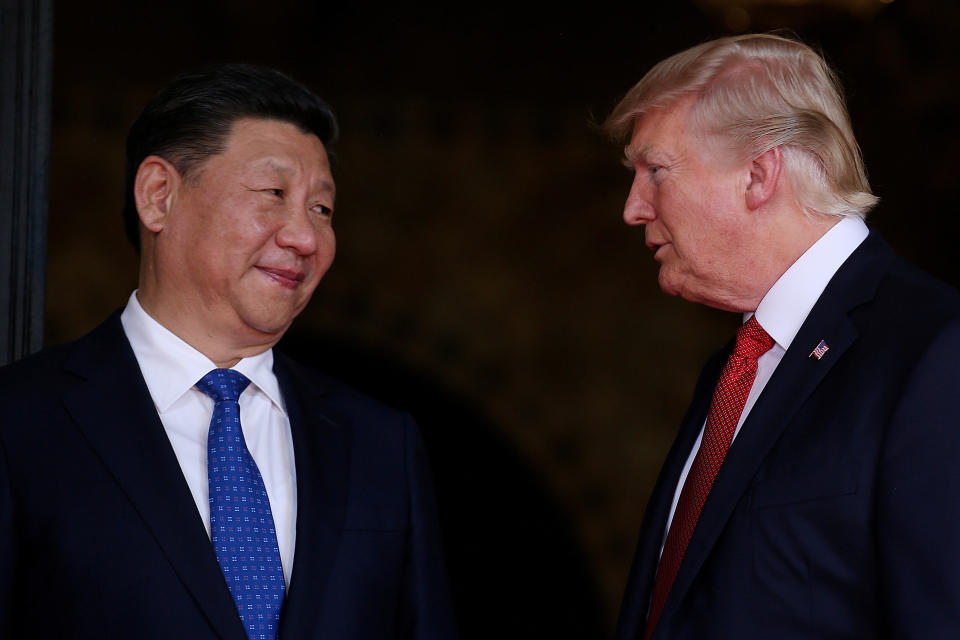Google Jigsaw CEO: 'There's no longer such thing as cyberspace'
The CEO of Google’s Jigsaw project, which studies technology’s impacts geopolitics, told the 2017 Web Summit in Lisbon, Portugal, that we have entered an era that is more complex than the bipolar world of the Cold War, the unipolar world of the post-Cold War era, and the multipolar post-9/11 era.
“There’s no longer such thing as cyberspace,” Cohen argued. “There’s now just one international system and it has a physical front and it has a digital front … All the physical world challenges that we’ve known for decades and centuries are now spilling over online and have a digital manifestation.”
‘Both a physical and cyber domain’
Consequently, Cohen argued, the way that state power works has changed as government influence has become multidimensional.
“It’s always been the case that economics, politics, and the military determines which states are powerful and which are not,” Cohen said. “These attributes remain the same except the powerful states are going to be the ones that can project influence in those areas in both a physical and cyber domain.”

Countries with robust technological ecosystems like the US and China have an initial advantage in these circumstances. However, according to Cohen, “countries like Russia, which, in a world that was purely physical, was, for all intents and purposes, a declining power, [have] now been able to resurrect a lot of its Cold War tactics in a world that’s as much digital as it is physical.”
Furthermore, adversarial nationals like North Korea and Iran are now “willing and able to deploy some of the most nefarious cyber tactics around the world, which again, give them disproportionate influence.” At the same time, Cohen added, smaller countries such as Israel and Estonia “are able to punch way above their physical weight and size and project extraordinary influence in the international system.”
‘Every country is going to have two foreign policies’
Cohen noted that “if the world is hybrid, every country is going to have two foreign policies. They’re going to have one for the physical side of the world and one for the digital side of the world. And by the way, they’re not always going to be consistent.”
He used the relationship between the U.S. and China as an example.

“In the physical world, the two countries are sort of frenemies and have a complex relationship but it functions and it works,” Cohen said. “If you look at the digital relationship between the two governments, it’s more adversarial, kinetic, and war-like.”
The question then becomes, according to Cohen: “How do we navigate the contradictory foreign policies that states practice towards one another?”
READ MORE:
Google Jigsaw CEO: ‘Revolutions are now easier to start but a lot harder to finish’
Why it’s hard to trust the U.S. on Russia’s alleged Kaspersky espionage


